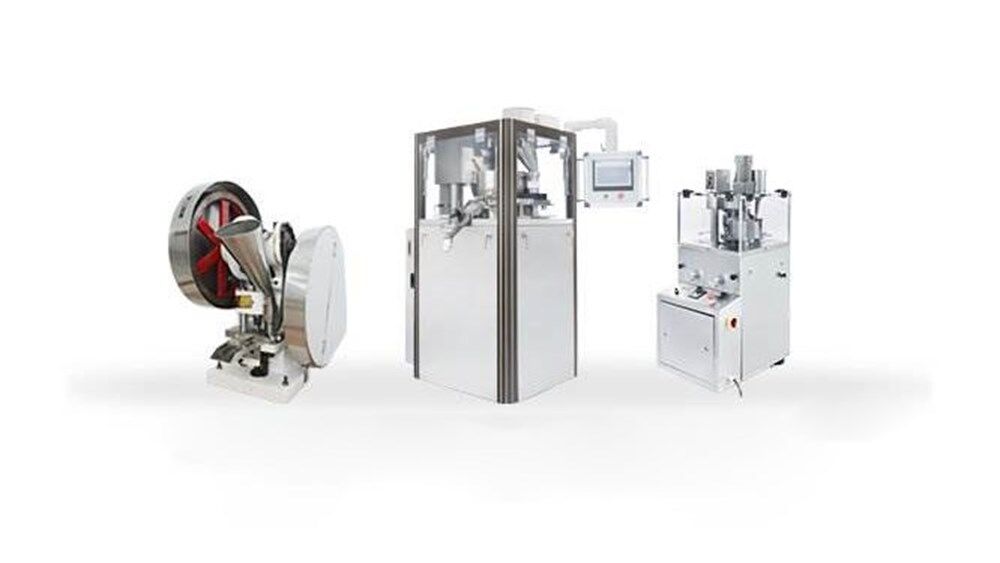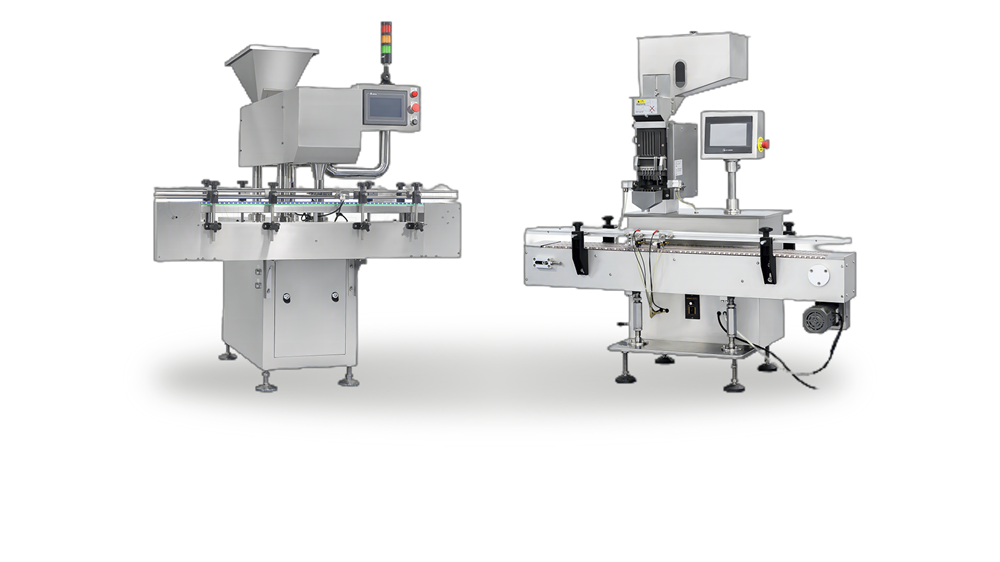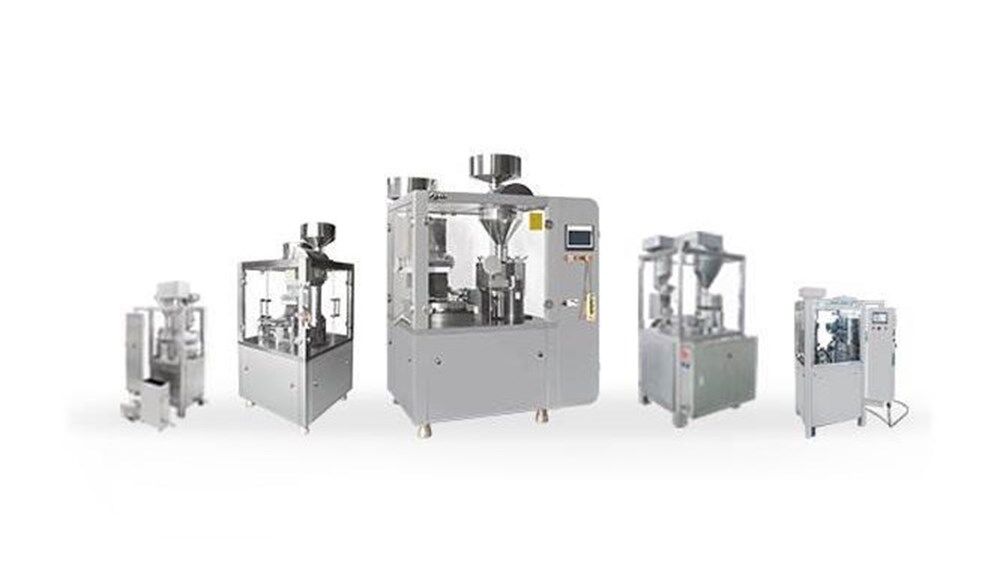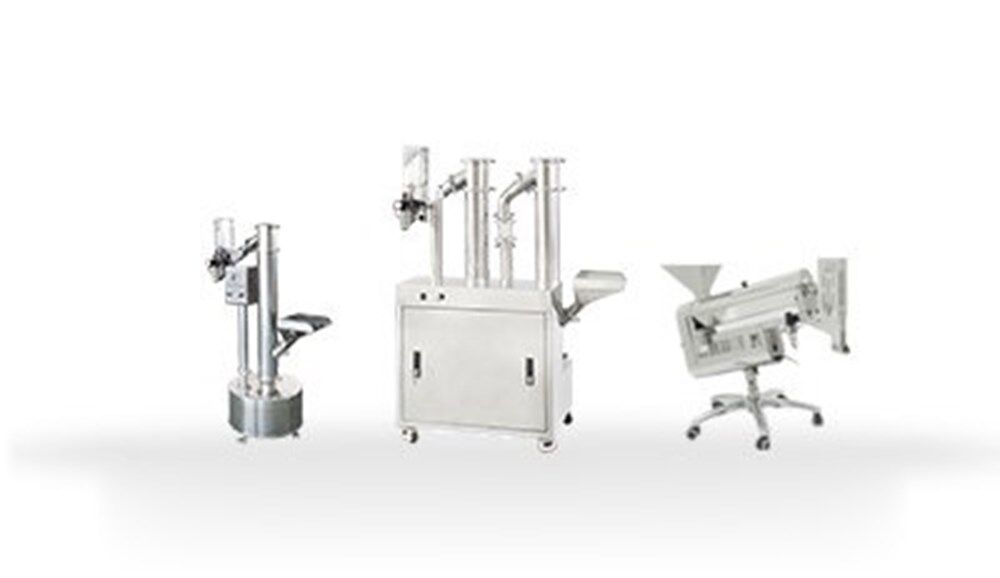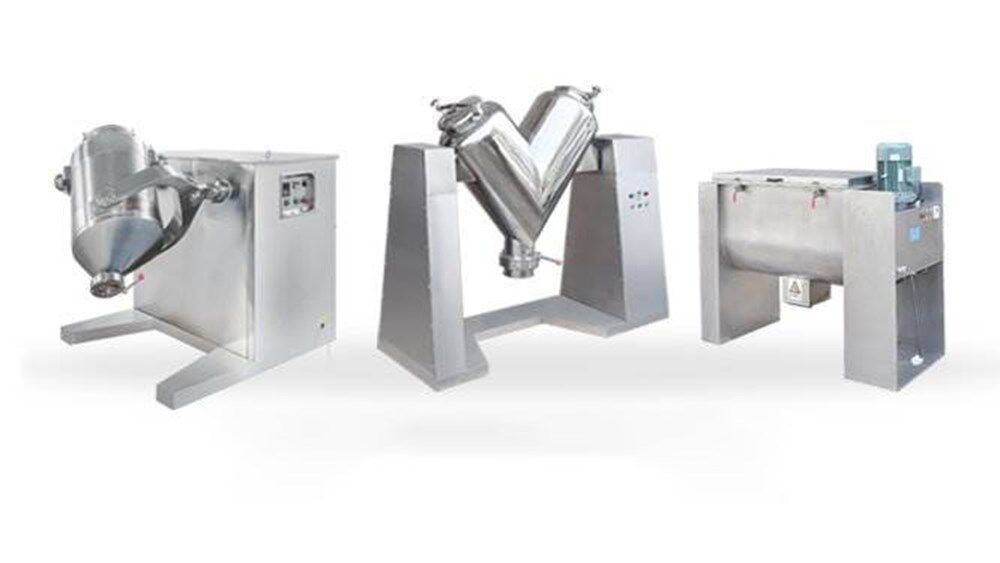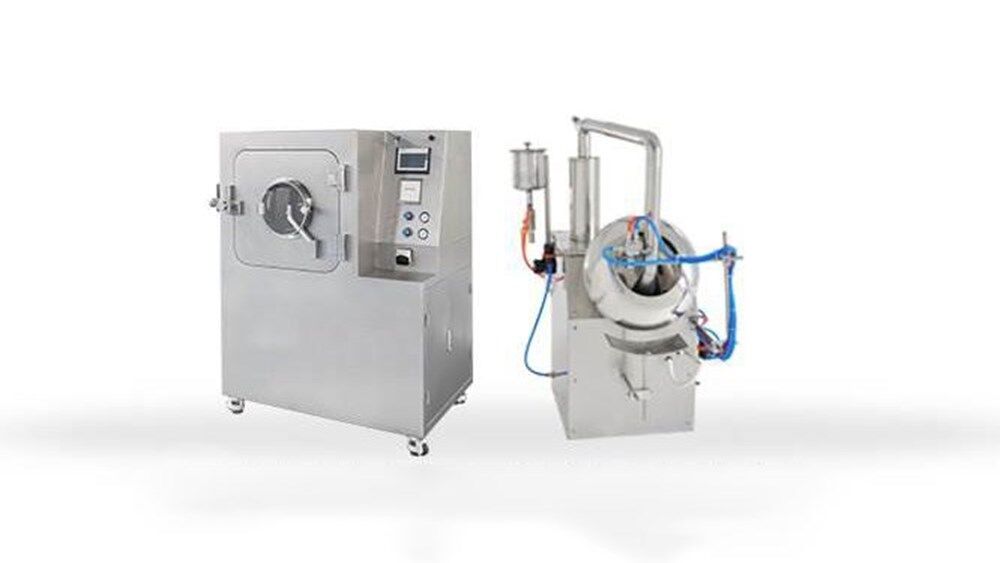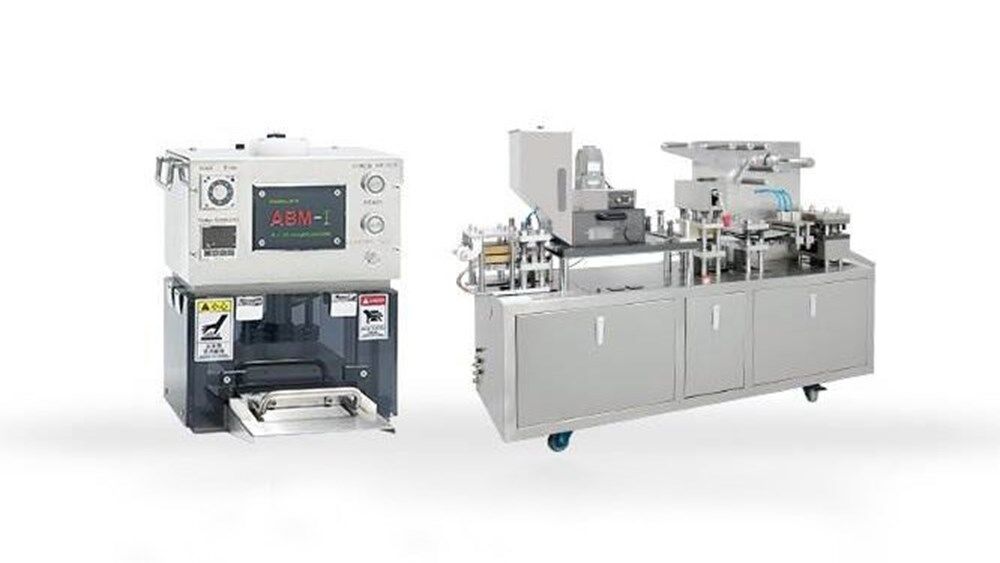Drug vs Medicine: What Suits You Best?
Do you use the words "drug" and "medicine" interchangeably? Then you must be thinking they mean the same thing. You're not alone. Many people do that; even some pharma students don't know that they actually mean very different things. Understanding the difference between drugs and medicine is very important because they may work separately on your body.
In this post, we will explain the definitions and uses of drugs and medicines, as well as what exactly sets them apart. Also, we'll look at how they impact our society. So, let's get into it!
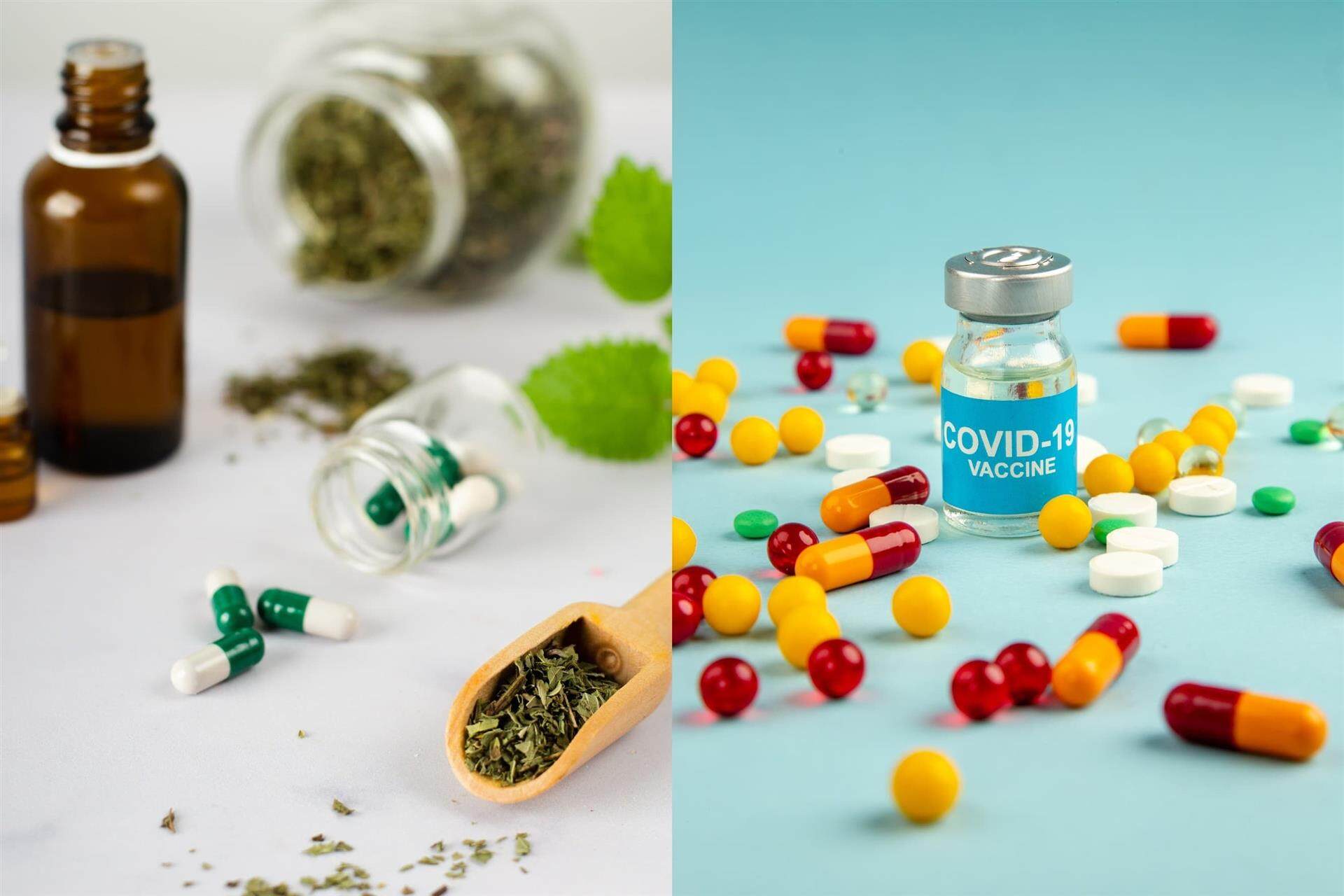
First off, here's a brief comparison of drug vs medicine so you can have a rough idea of the difference between them.
|
Aspect |
Drugs |
Medicines |
|
Definition |
Chemical substances that change how the body and mind work; can be beneficial or harmful |
Chemical substances designed to treat, cure, or prevent diseases, aiming for positive effects |
|
Purpose |
Can be used therapeutically or non-therapeutically; includes legal, illegal, and recreational use |
Primarily used for therapeutic purposes, such as curing or managing health conditions |
|
Prescription Status |
Can be prescribed, over-the-counter, or illegal; non-prescribed use can lead to misuse |
Typically prescribed by doctors; over-the-counter medicines are also regulated and intended for safe use |
|
Regulation |
Some are regulated, others unregulated; includes legal substances like alcohol, illegal drugs like heroin |
Strictly regulated by agencies like FDA or EMA; undergo extensive testing to ensure safety and effectiveness |
|
Social Impact |
Can have positive impacts when used correctly; often associated with negative impacts, such as addiction and societal harm |
Generally has a positive impact on public health by treating and preventing diseases; misuse can lead to negative consequences |
|
Overlap |
Some substances, like cannabis, can be both recreational drugs and prescribed medicines |
Some medicines, like opioids, can be beneficial when used correctly but harmful if misused |
What Are Drugs?
A drug is a kind of chemical substance that changes how your body works. Not only can it affect our bodies, but it also controls our minds. Simply put, a drug is like a double-edged sword. It can either help treat an illness or cause harm. Plus, drugs can be legal when they act as medications. They also can be illegal, like heroin. So, drugs are often classified for different reasons. These include medical treatment, recreation, or sometimes in harmful ways.
What Are Medicines?
Medicine, on the other hand, is a chemical substance that usually delivers positive results. It's used to treat, cure, prevent, or ease the symptoms of a disease. Medicines are made to help people patients recover and get healthier. As they aim to bring positive effects on our bodies, medicines must go through a lot of strict testing and clinical trials in labs. These make sure medicines are safe and work for specific health issues.
What Is the Difference Between Drugs and Medicine?
As seen from their definitions, we can conclude that all medicines are drugs, but not all drugs are considered medicines. The main differences lie in the purpose and intent behind their use. Let's take a closer look.
What Are They Used for: Therapeutic vs. Non-Therapeutic
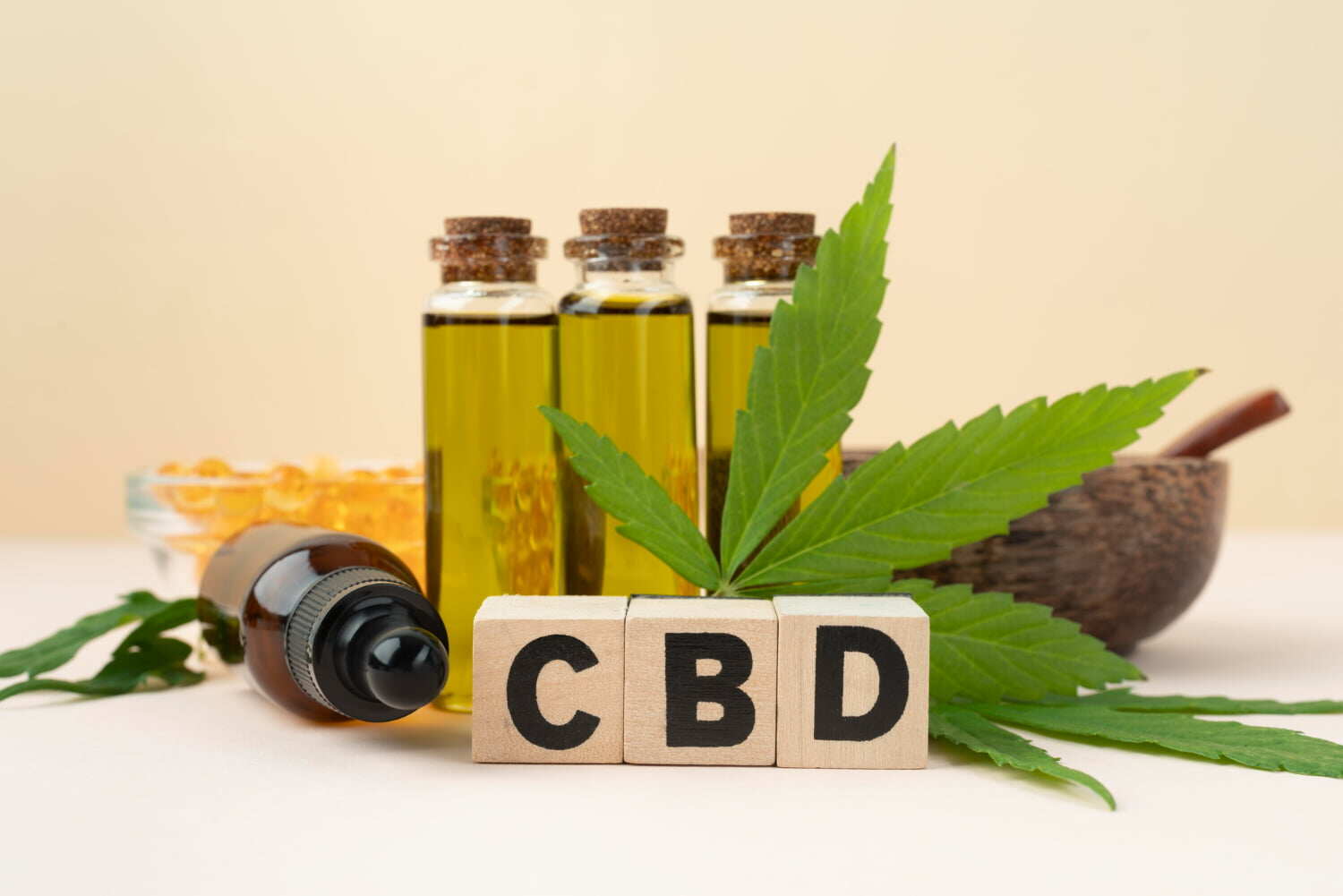
- Therapeutic Use: Medicines are developed to cure diseases or manage health conditions. For example, antibiotics help fight bacterial infections, and insulin is used to manage diabetes. The final intent of using a medicine is to support wellness. Drugs also have such intended uses, but sometimes, they cause overdose or abuse issues. In short, medicines help restore control over your body, while drugs may take control from you.
- Non-Therapeutic Use: Drugs can be used for non-medical reasons. When talking about "drugs," most people will think of recreational or illicit drugs. They can make users feel high or relaxed. Like marijuana and cocaine, these drugs might pose health risks to your body rather than improving health.
How Can You Get Them: Prescribed vs. Non-Prescribed
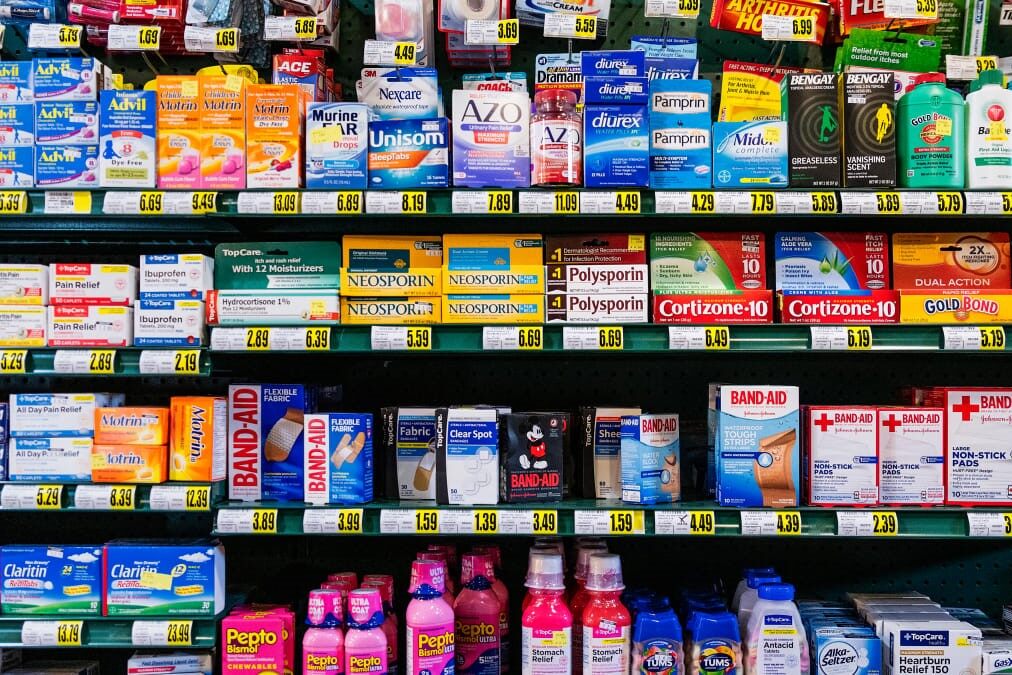
- Prescription: Medicines are only available to you with written instructions from an authorized doctor. The written instruction here is called a prescription. That is to say, when you get a medicine, you'll know its details, like the name, dosage, route of administration, frequency, and instructions for use. All these ensure you use the medicine correctly to treat your health problem.
- Non-Prescription: Not all drugs require a prescription. Over-the-counter (OTC) drugs, like aspirin or cough syrup, can be bought without a prescription. But they are still considered medicines. On the other hand, recreational or illegal drugs are often obtained without any medical guidance. So, this can increase the chances of misuse, addiction, and negative health effects.
Are They Legal: Regulated vs. Unregulated
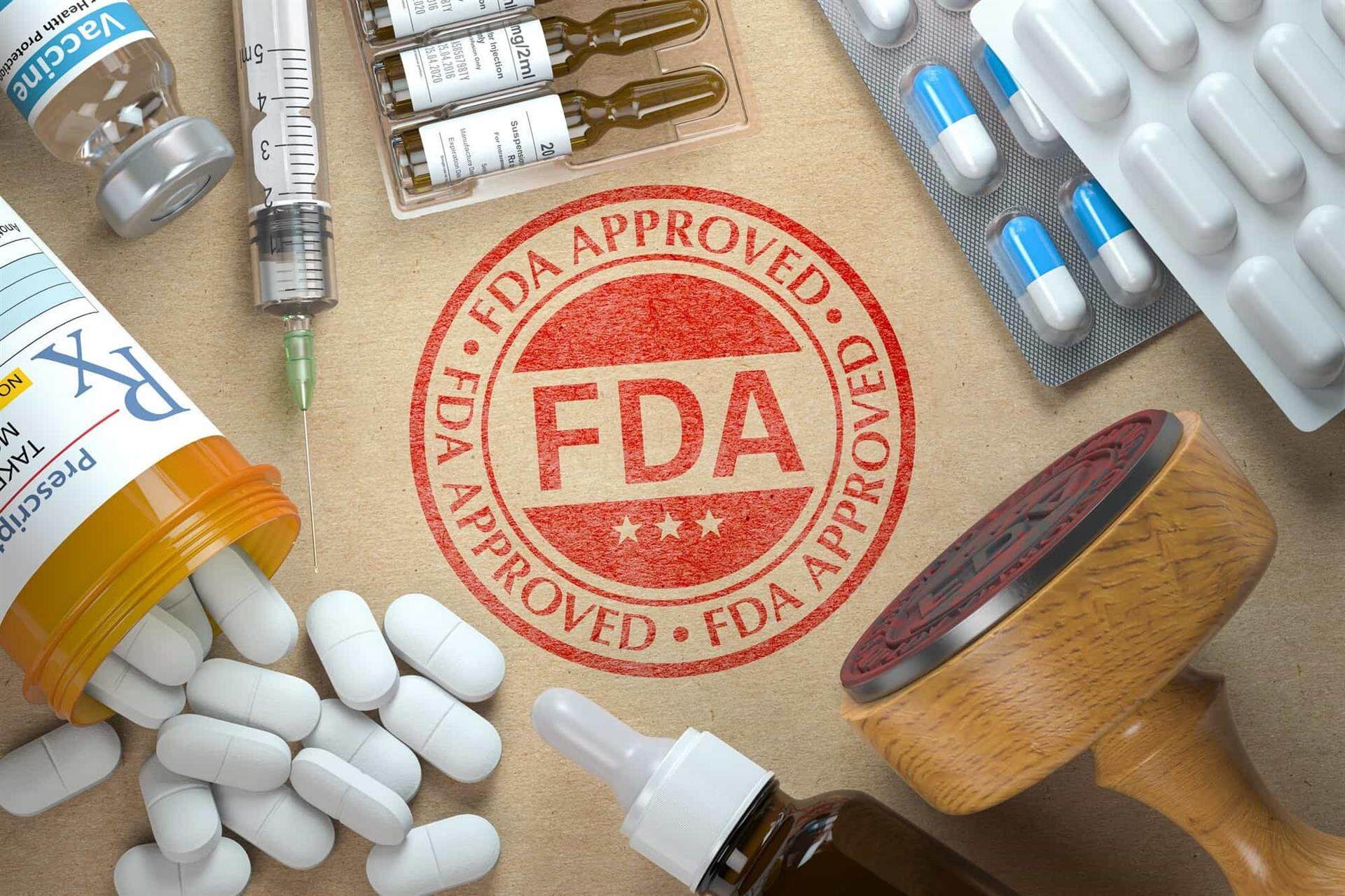
- Regulated: Medicines are under the control of regulatory agencies (the FDA or the EMA). This means medicines are considered unsafe to use if these agencies do not approve them. And to get approved, a medicine must undergo quite a lot of tests or trials. Regulated medicines ensure patients receive the best treatment.
- Unregulated: Drugs are often controlled differently. Some drugs aren't considered medicines, but they are still legal. For example, alcohol and tobacco are legal, but there are rules around how they're sold. Drugs like heroin or meth are illegal in most places because they are very dangerous. However, recreational drugs like marijuana may be unregulated depending on local laws.
What Are Their Social Influences: Positive vs. Negative
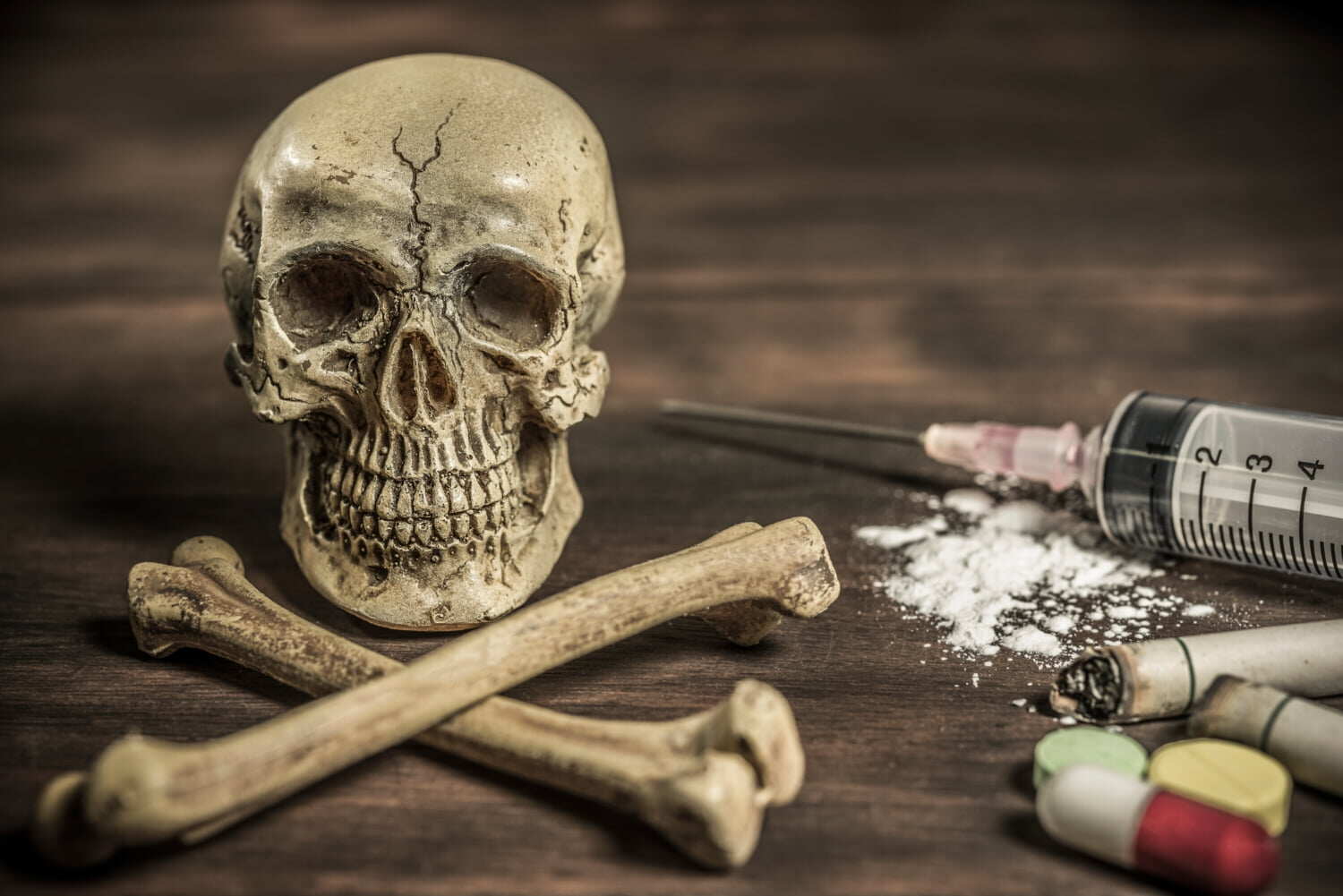
- Positive Impact: Medicines, like vaccines, prevent diseases and reduce mortality. Medicines can also manage acute and chronic diseases, helping people live better and longer. Certain drugs, like opioids, can alleviate severe pain when used properly. The right dose of cannabis can reduce anxiety and improve sleep.
- Negative Impact: Illegal or recreational drugs can do serious harm to both people and society. Drug overdoses and abuse are big problems in many communities. The U.S. opioid crisis has clearly shown us how dangerous drug misuse can be. This points out why regulation and education about drugs are so important.
Gray Areas in the Difference Between Drugs and Medicine
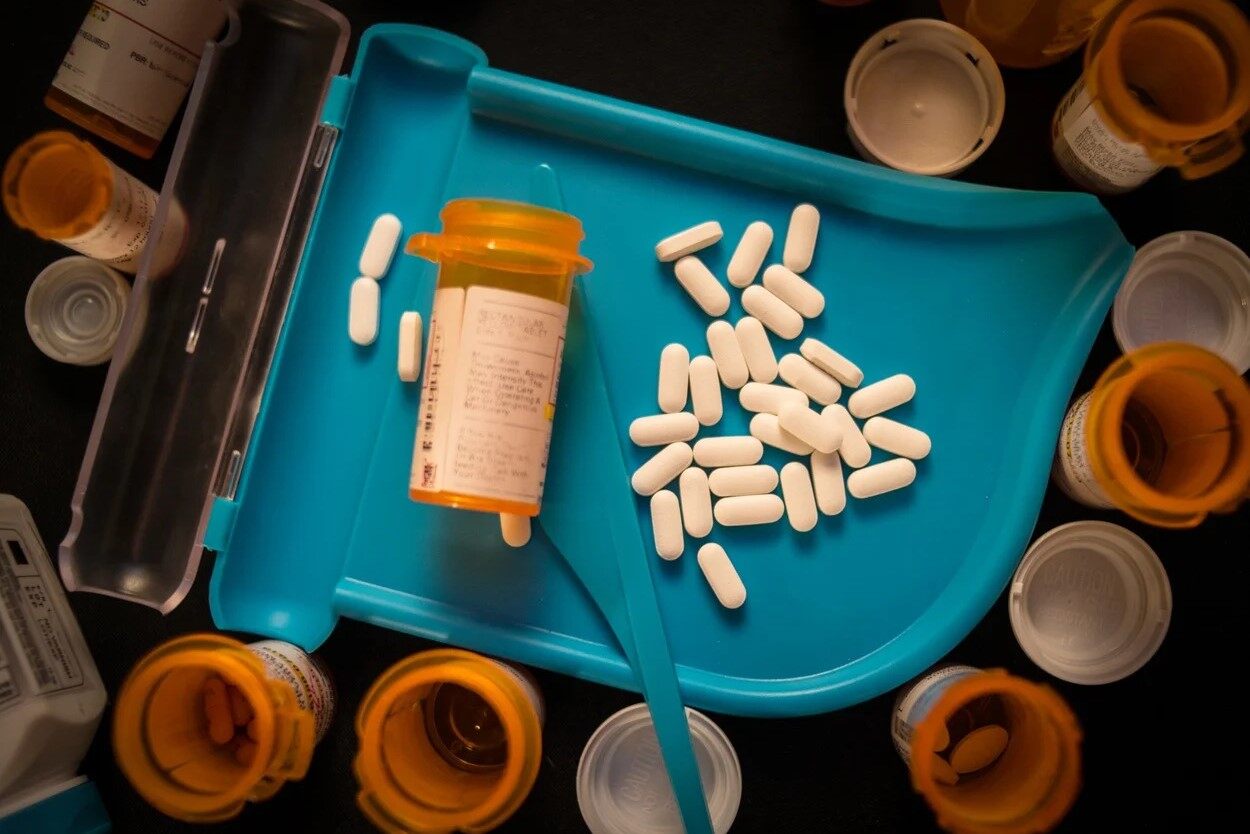
The difference between drugs and medicine is usually pretty clear, but sometimes the lines blur.
Drugs like cannabis also have medical benefits. These substances are called medical cannabis or medical marijuana. They have been approved for treatment in many places. Like most medicines, medical cannabis should be prescribed by licensed doctors for patients. So, depending on its purpose, cannabis can work as a recreational drug and a prescription medicine.
Certain drugs like opioids are another example. They are only available by prescription. You might think that they are prescription medicines. However, these drugs can also be addictive. So, if you misuse them, they will bring serious health consequences.
Why Understanding the Difference Between Drugs and Medicine Matters
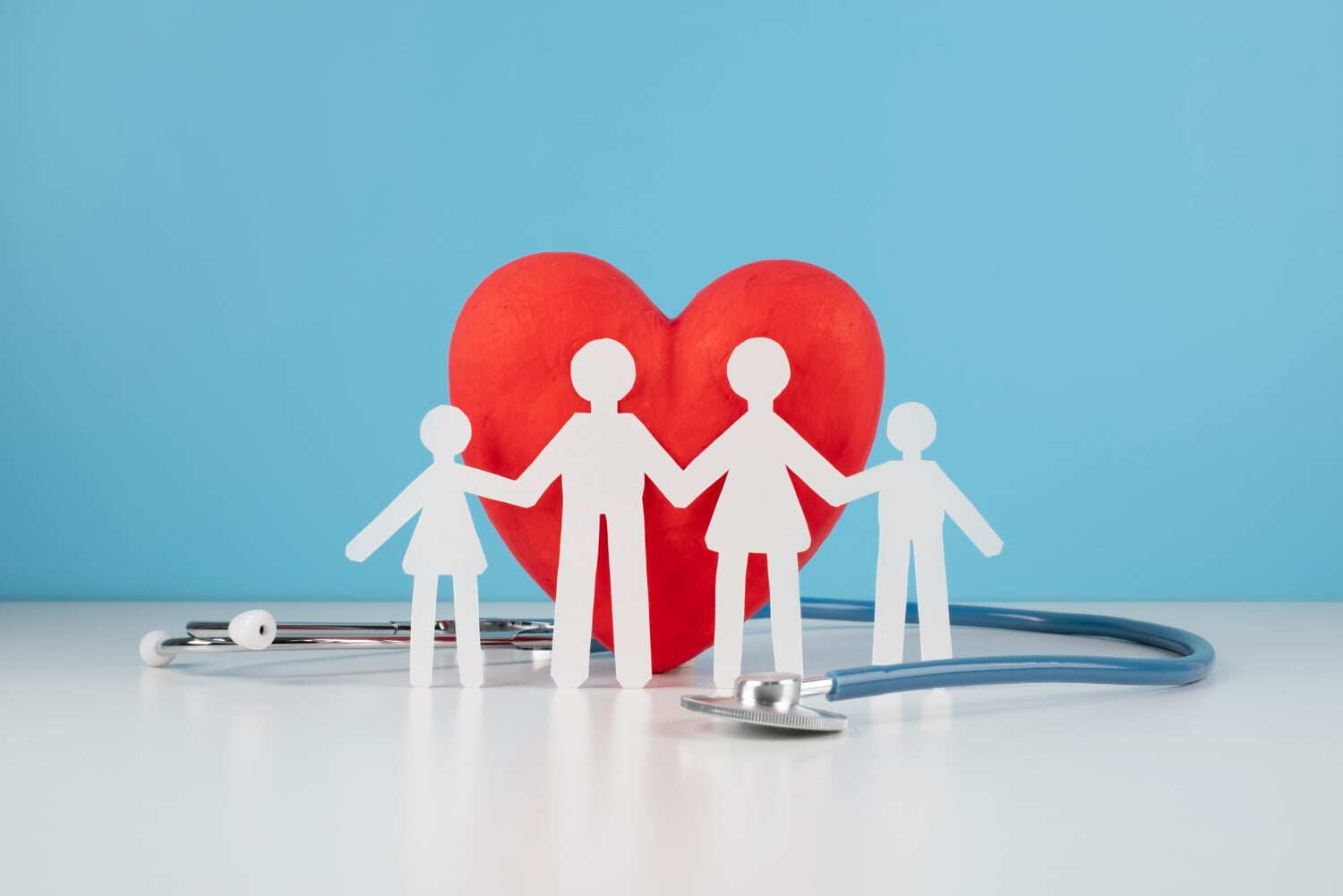
1. Health and Safety
Drugs and medicines have different purposes. Knowing the distinction between them helps you use them safely and properly. If you mistake a drug for a medicine, you could end up with harmful side effects or even become addicted.
2. Smart Choices
When you understand what a drug or medicine is meant for, you can make better decisions about what to take. This helps you avoid risks and ensures you're using something that actually helps your health.
3. Avoiding Risks
Some drugs, especially those used for fun, can be dangerous or unpredictable. If you know the difference between these and real medicine, you can avoid misuse and the trouble that comes with it.
4. Public Health
Drug addiction and abuse have been an unneglectable social issue. When more people know the difference, it helps everyone. The public will know how to use medicines safely and how to reduce the misuse of drugs. A clear awareness of the benefits and risks of drugs and medicines can greatly improve the health of communities and families.
Leave your comment
Also Offers
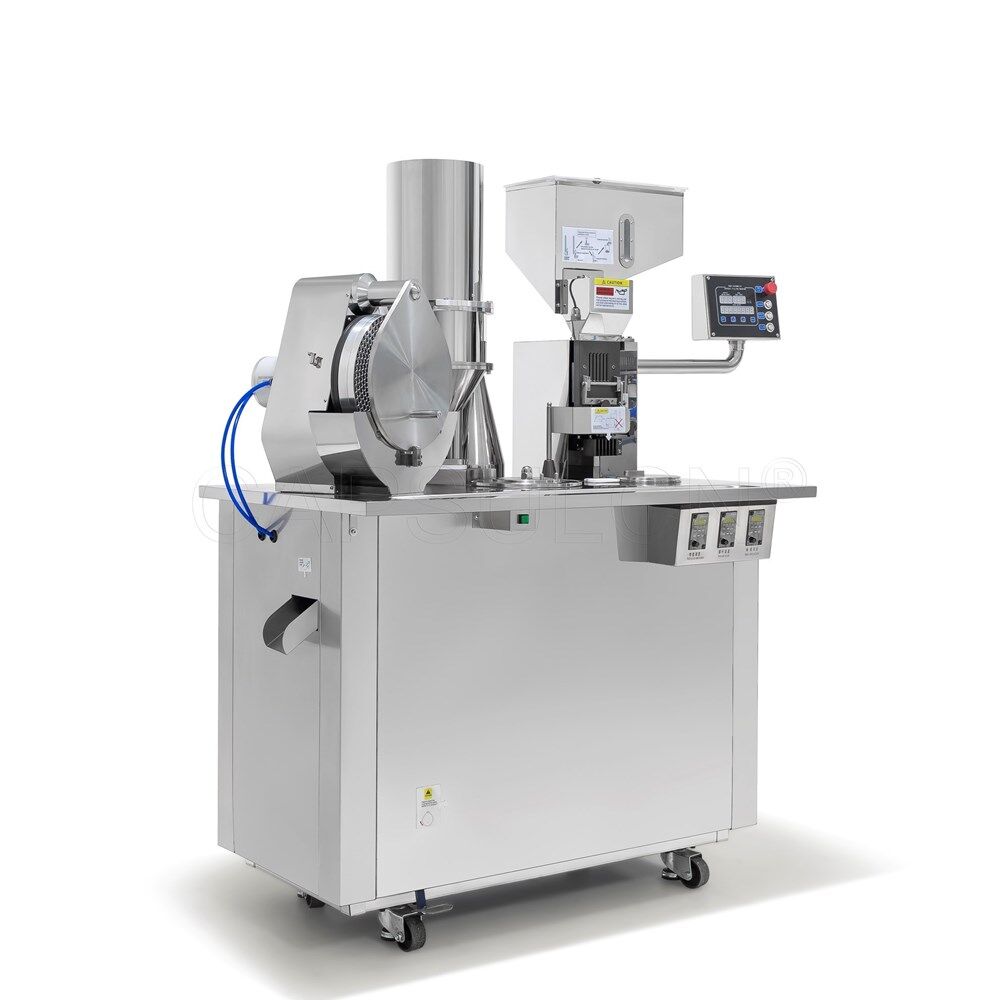
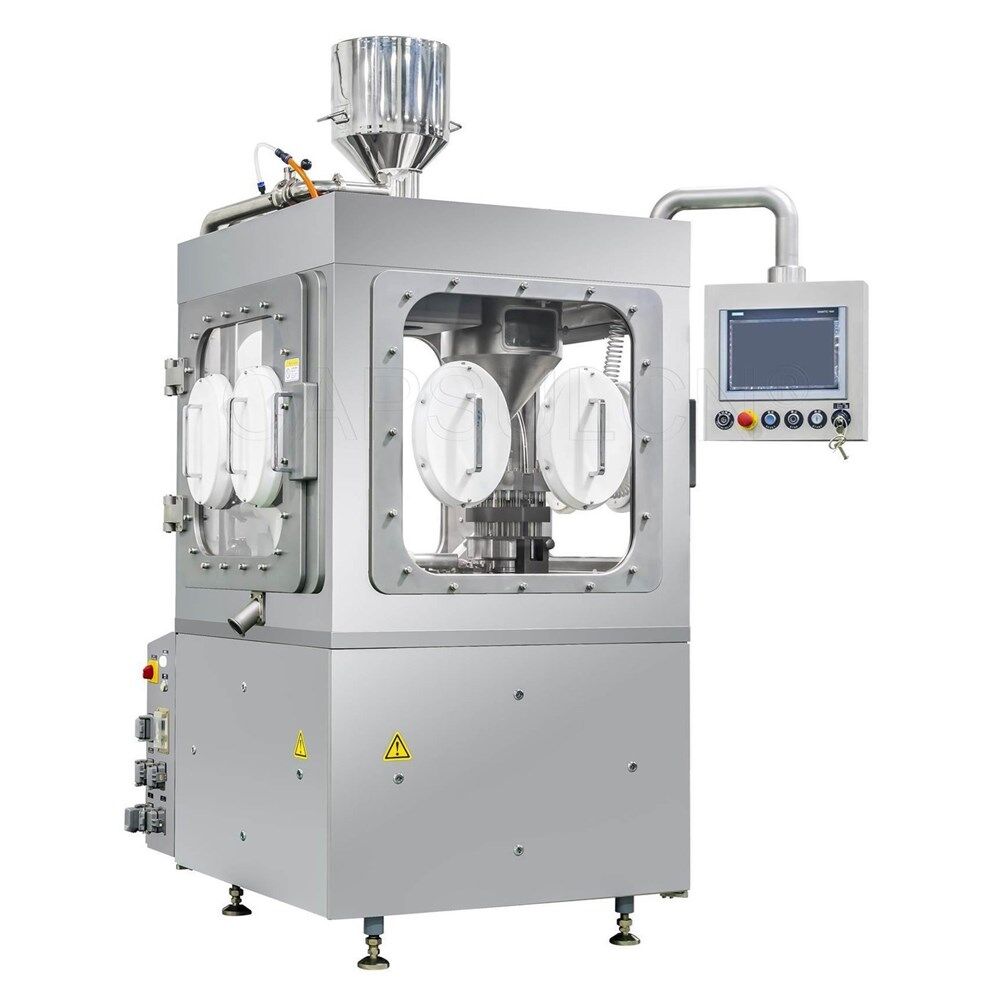
Containment Automatic Capsule Filling Machine SFK-703
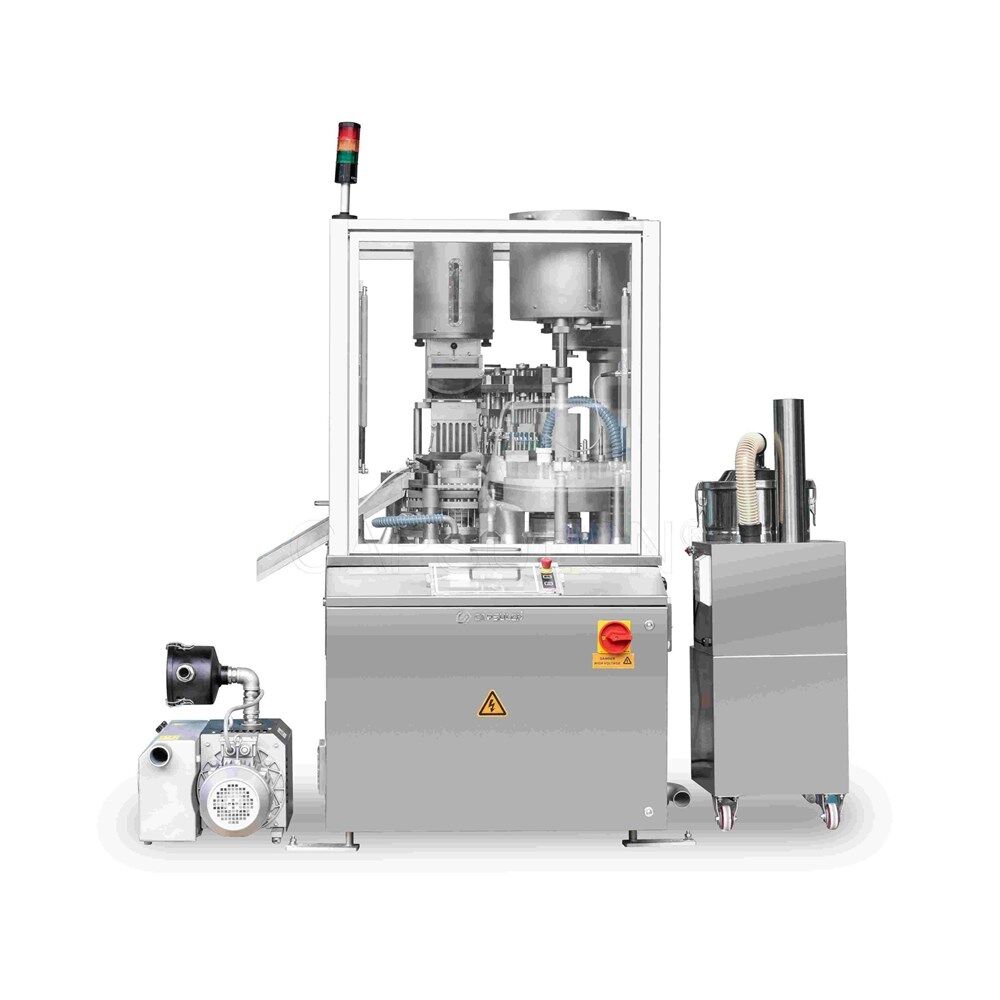
Fully Automatic Dosator Capsule Filling Machine CZ-40

Our Team
As an expert in the pharmaceutical and pharmaceutical packaging industry, iPharMachine has provided solutions for hundreds of pharmaceutical and health product manufacturers for 17 years. By visiting customers, we get good reviews from our customers.
- info@ipharmachine.com
- English Español Deutsche
